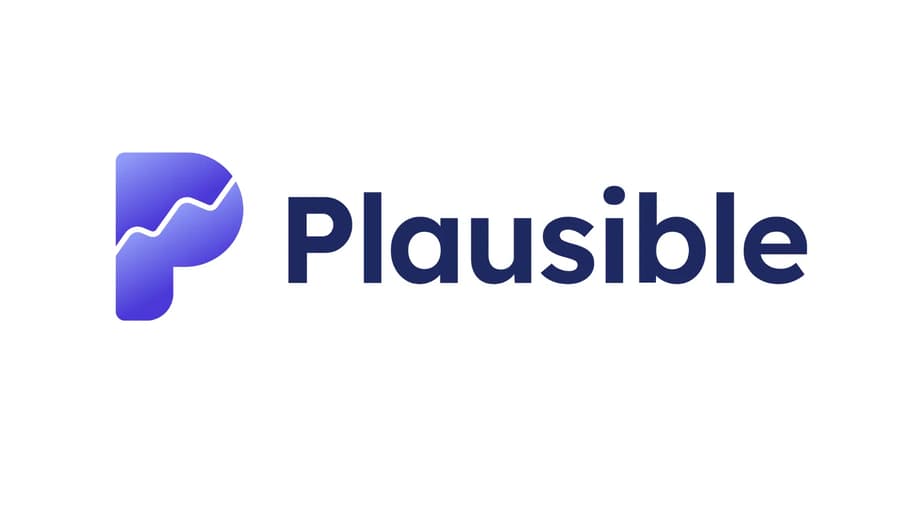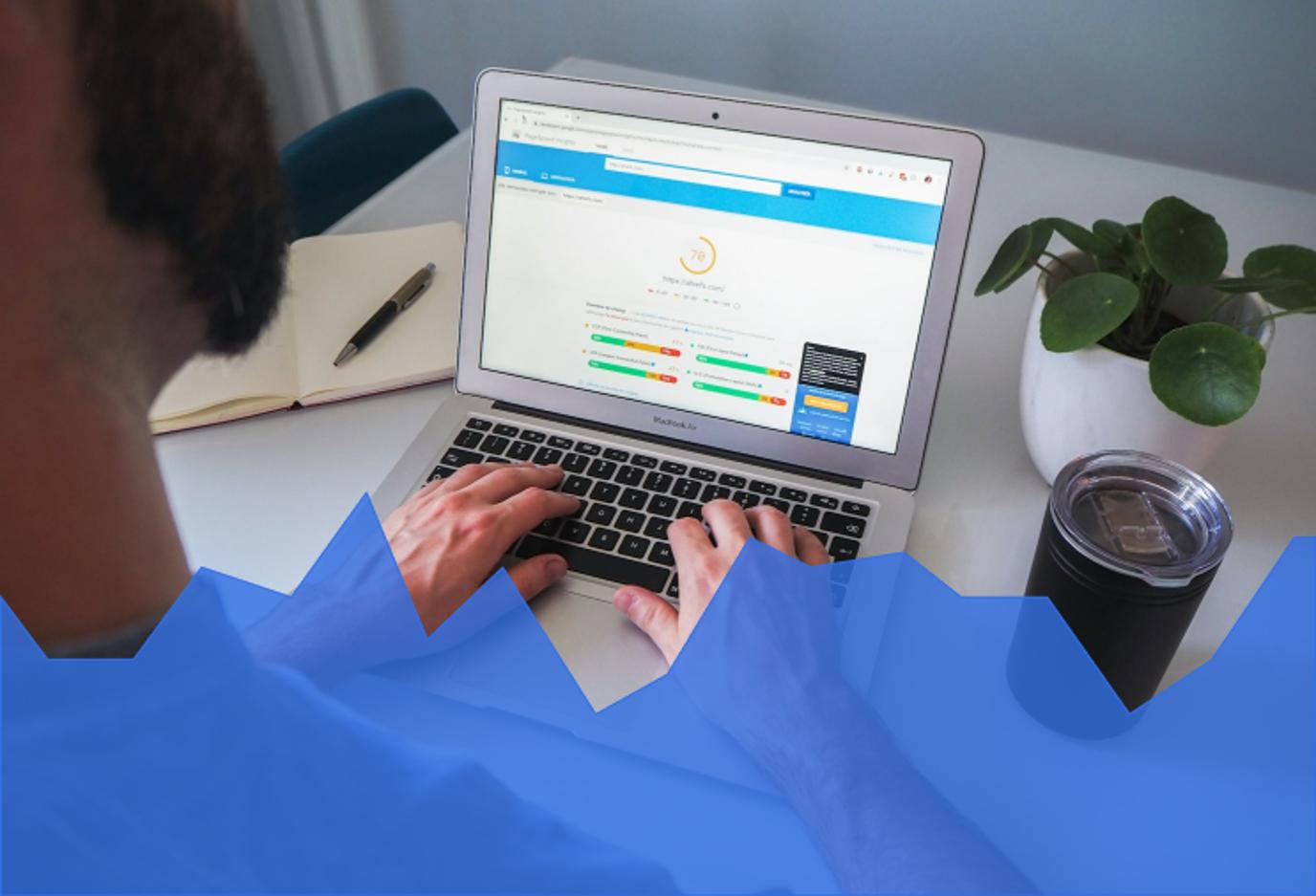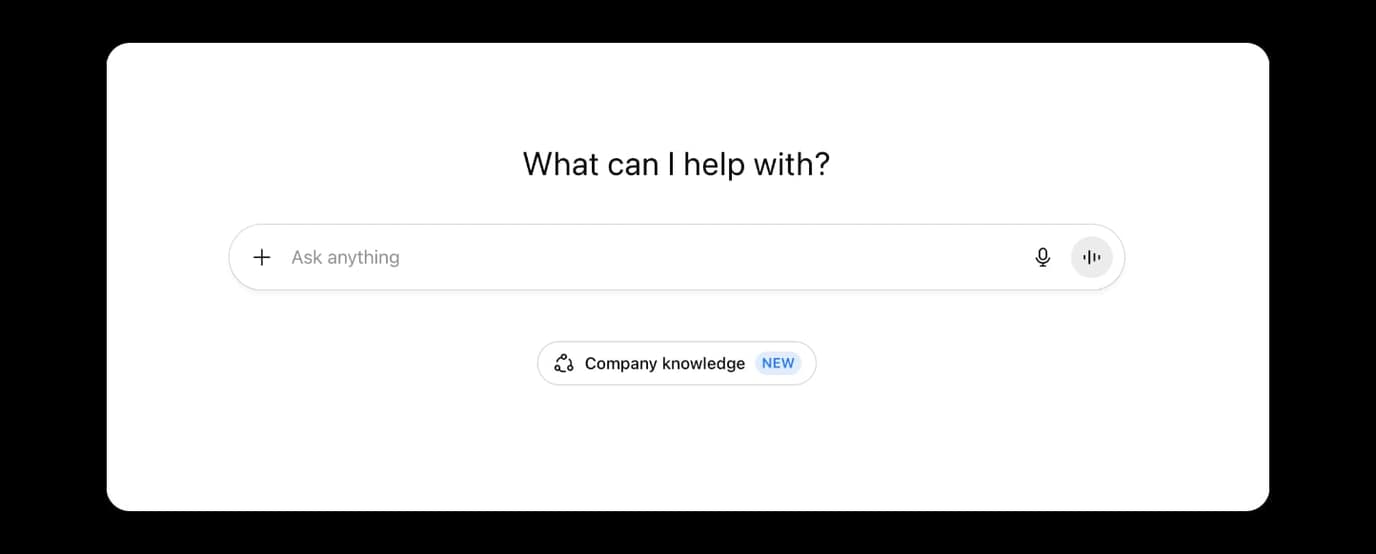Good data doesn’t require personal data - Plausible Analytics gives us the insights we need without compromising privacy or performance.

Why we use Plausible Analytics
We’ve always believed that good data shouldn’t come at the expense of user privacy. That’s why we use and recommend Plausible Analytics across our sites and products.
What Plausible is
Plausible is a lightweight, privacy-focused analytics tool. It gives us clear, meaningful data without tracking individuals or collecting unnecessary personal information.
Instead of endless reports and complex dashboards, we get exactly what we need:
- How many people visited
- Where they came from
- What pages they viewed
- What actions they took
Nothing more. No cookies. No tracking scripts that slow pages down.
Why we chose Plausible
1. Privacy first
Plausible doesn’t use cookies or personal data. This means:
- No annoying consent banners
- No data sent to third parties for profiling
- Full compliance with GDPR and PECR by default
2. Performance matters
The script is less than 1 KB – over 45 times smaller than Google Analytics. That means faster load times, fewer requests, and less energy used.
3. Simple, honest reporting
We prefer tools that do one thing well. Plausible gives us the key metrics that actually help improve a website: engagement, referrals, and conversions. No fluff, no vanity metrics. This also means it is easy to use as you don’t have to trawl through various figures or pages to get to the important details.
4. Alignment with our values
We build accessible, ethical websites. Using ethical analytics that respect user privacy fits with how we work. It shows clients and visitors that transparency and respect are part of our approach.
What we track
We track only what’s needed to make websites better:
- Overall traffic and top pages
- Referral sources (ChatGPT, search, social, email, direct)
- Goal completions like form submissions or downloads
That’s it. No personal data, no tracking between websites, and no hidden identifiers.
The result
We get fast, clear insights that help us improve performance and accessibility, while users keep their privacy intact. It’s a small decision that reflects a bigger principle. It also proves that useful analytics and privacy can coexist.





